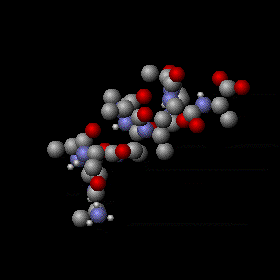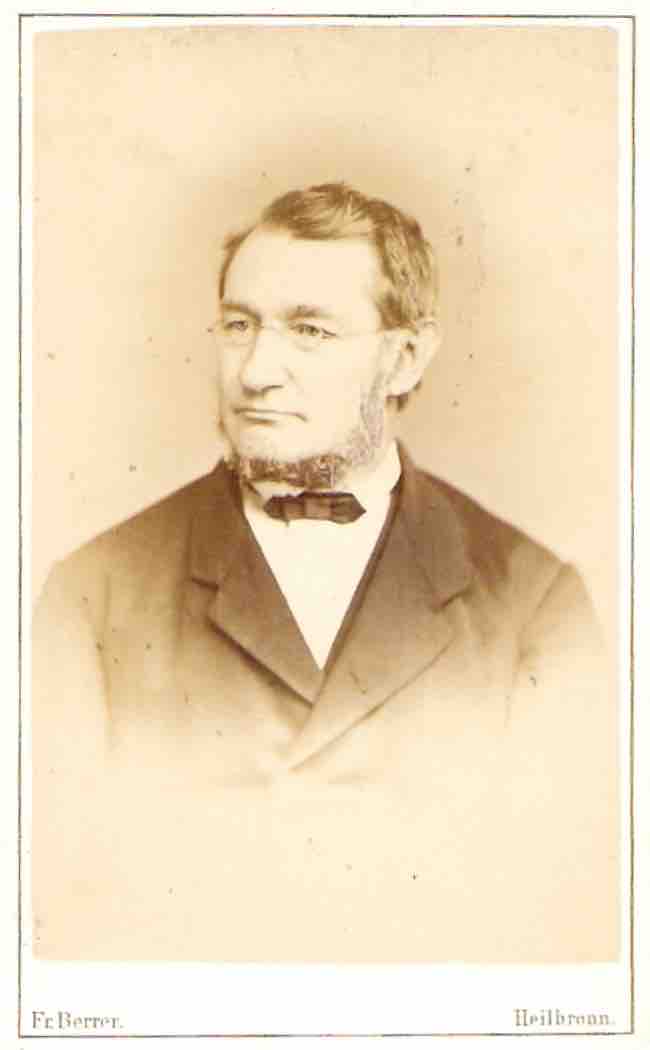Specific Heat for an Ideal Gas at Constant Pressure and Volume
The heat capacity at constant volume of nR = 1 J·K−1 of any gas, including an ideal gas is:
This represents the dimensionless heat capacity at constant volume; it is generally a function of temperature due to intermolecular forces. For moderate temperatures, the constant for a monoatomic gas is cv=3/2 while for a diatomic gas it is cv=5/2 (see ). Macroscopic measurements on heat capacity provide information on the microscopic structure of the molecules.

Molecular internal vibrations
When a gas is heated, translational kientic energy of molecules in the gas will increase. In addition, molecules in the gas may pick up many characteristic internal vibrations. Potential energy stored in these internal degrees of freedom contributes to specific heat of the gas.
The heat capacity at constant pressure of 1 J·K−1 ideal gas is:
where H=U+pV is the enthalpy of the gas.
Measuring the heat capacity at constant volume can be prohibitively difficult for liquids and solids. That is, small temperature changes typically require large pressures to maintain a liquid or solid at constant volume (this implies the containing vessel must be nearly rigid or at least very strong). It is easier to measure the heat capacity at constant pressure (allowing the material to expand or contract freely) and solve for the heat capacity at constant volume using mathematical relationships derived from the basic thermodynamic laws.
Utilizing the Fundamental Thermodynamic Relation we can show:
where the partial derivatives are taken at: constant volume and constant number of particles, and at constant pressure and constant number of particles, respectively.
The heat capacity ratio or adiabatic index is the ratio of the heat capacity at constant pressure to heat capacity at constant volume. It is sometimes also known as the isentropic expansion factor:
For an ideal gas, evaluating the partial derivatives above according to the equation of state, where R is the gas constant for an ideal gas yields:
substituting:
This equation reduces simply to what is known as Mayer's relation :

Julius Robert Mayer
Julius Robert von Mayer (November 25, 1814 – March 20, 1878), a German physician and physicist, was one of the founders of thermodynamics. He is best known for his 1841 enunciation of one of the original statements of the conservation of energy (or what is now known as one of the first versions of the first law of thermodynamics): "Energy can be neither created nor destroyed. " In 1842, Mayer described the vital chemical process now referred to as oxidation as the primary source of energy for any living creature. His achievements were overlooked and credit for the discovery of the mechanical equivalent of heat was attributed to James Joule in the following year. von Mayer also proposed that plants convert light into chemical energy.
It is a simple equation relating the heat capacities under constant temperature and under constant pressure.